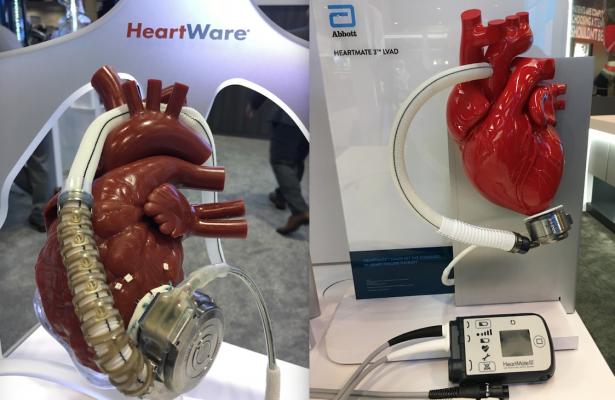Navigating the financial aspects of LVAD treatment and heart failure care can be challenging. Here are several resources in New England that may assist:
1. Patient Advocate Foundation (PAF)
- Patient Advocate Foundation: PAF offers small grants to patients meeting specific financial and medical criteria. Grants are distributed on a first-come, first-served basis until funds are depleted. Eligibility varies by fund. To apply, call (855) 824-7941 or register online.
- The HeartBrothers: This organization provides resources to help heart failure patients and their families navigate the challenges of heart failure, including financial assistance. They offer support through various programs and events.
3. New England Cancer Specialists
- Financial Advocacy Services: While primarily focused on cancer patients, they offer financial assistance to insured and uninsured patients, including those with heart conditions. Programs are based on household income, insurance status, and diagnosis. Co-pay relief programs are also available. newenglandcancerspecialists.org
4. Heart Failure Society of America (HFSA)
- Financial Assistance Programs: HFSA provides information on financial assistance programs for heart failure patients, including those with LVADs. Qualifying patients may receive up to $1,000 per year to help cover out-of-pocket costs associated with prescribed heart failure treatments.
5. Rhode Island Medical Heart Failure and Cardiac Transplant Services
- Financial Support: This program evaluates patients for advanced heart failure, transplant, and LVAD placement, offering financial assistance and support services to help manage treatment costs.
- Need assistance traveling to healthcare? Mercy Medical Angels provides assistance in the air with commercial airline tickets and volunteer pilots, and on the ground with gas cards, bus, and train tickets.
7. Good Days
- Good Days provides financial support to individuals with chronic or life-altering diseases, assisting with co-pays, travel costs, insurance premiums, and diagnostic testing. They aim to ensure that no one has to choose between accessing treatment and affording everyday necessities.
- The Assistance Fund helps patients and families facing high medical out-of-pocket costs by providing financial assistance for co-pays, coinsurance, deductibles, and other health-related expenses. They support individuals across nearly 100 disease areas.
9. Family Reach
- Family Reach is dedicated to removing the financial barriers that accompany a cancer diagnosis. They offer financial assistance to cover non-medical expenses such as housing, transportation, and utilities, helping families maintain stability during treatment.
10. CancerCare
- CancerCare provides limited financial assistance for cancer-related costs and co-pays for treatments. They also offer counseling and support groups to help patients and their families cope with the emotional and practical challenges of a cancer diagnosis.
11. Dollar For
- Dollar For assists patients in accessing hospital charity care programs, which can lead to discounts or forgiveness of medical bills based on income. They guide individuals through the application process to alleviate the financial burden of medical expenses.
- If you’re an advanced heart failure patient at one of the five hospitals we serve (University of Pittsburgh Medical Center, Allegheny Health Network in Pittsburgh, PA, Vanderbilt University Medical Center, Tristar Centennial Medical Center, or Ascension St. Thomas in Nashville, TN) and currently need emergency housing, emotional support or help with an alternative non-medical need, please ask your social worker for a JBF application for assistance.
Additionally, the American Heart Association’s FindHelp resource can connect you with local financial assistance programs, legal aid, transportation services, and health resources based on your zip code.
It’s advisable to contact these organizations directly to inquire about specific programs, eligibility criteria, and application processes. Additionally, consulting with the financial assistance departments of your healthcare providers can provide personalized guidance tailored to your situation.

